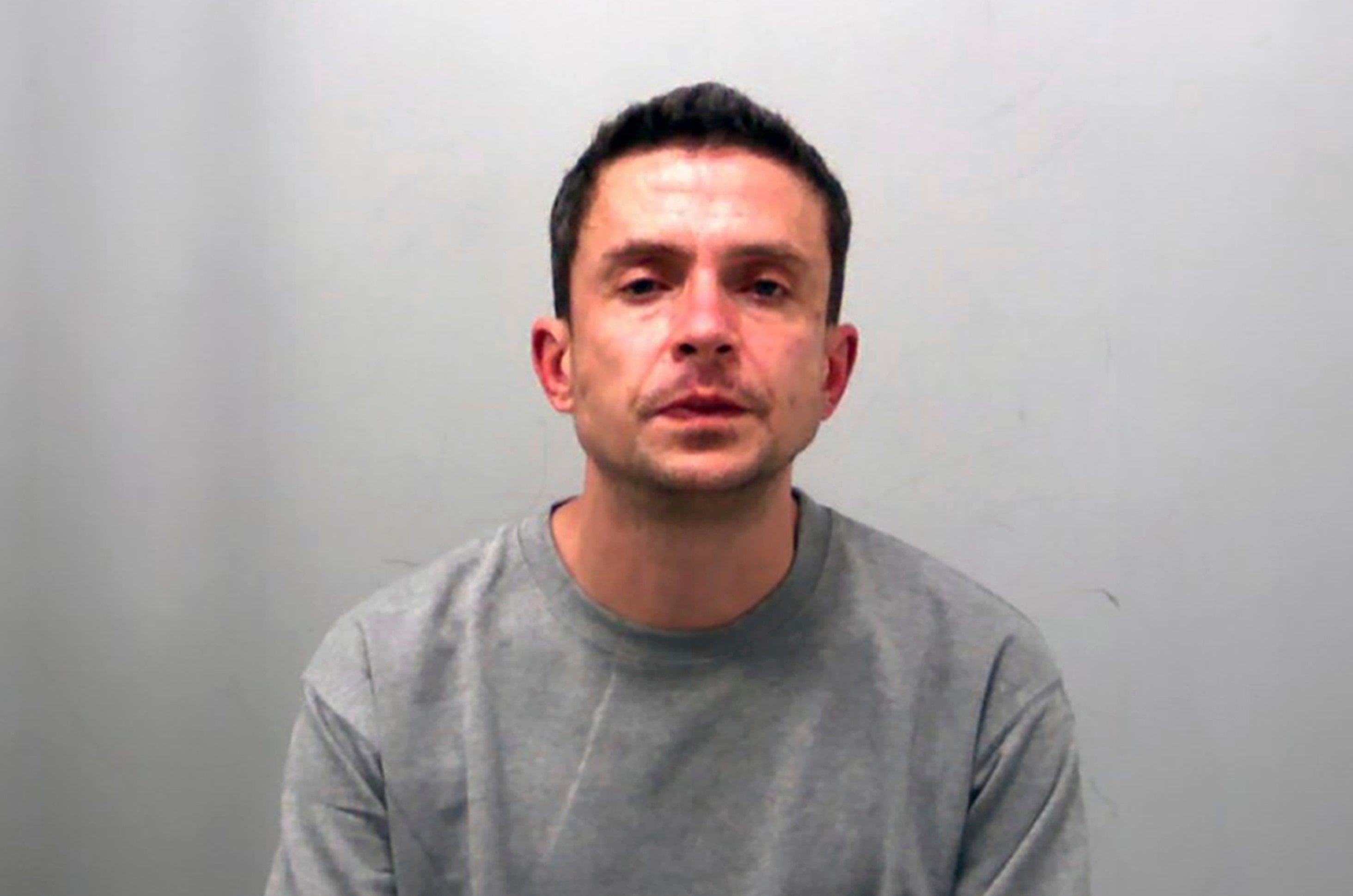The first 'cyberflasher' is convicted under England's new law and gets more than 5 years in prison
A sex offender is the first person in England and Wales to be convicted under a new cyber-flashing law

Your support helps us to tell the story
From reproductive rights to climate change to Big Tech, The Independent is on the ground when the story is developing. Whether it's investigating the financials of Elon Musk's pro-Trump PAC or producing our latest documentary, 'The A Word', which shines a light on the American women fighting for reproductive rights, we know how important it is to parse out the facts from the messaging.
At such a critical moment in US history, we need reporters on the ground. Your donation allows us to keep sending journalists to speak to both sides of the story.
The Independent is trusted by Americans across the entire political spectrum. And unlike many other quality news outlets, we choose not to lock Americans out of our reporting and analysis with paywalls. We believe quality journalism should be available to everyone, paid for by those who can afford it.
Your support makes all the difference.England's first convicted cyberflasher was sentenced Tuesday to 5 1/2 years in prison after sending unsolicited photos of his genitals to a teenage girl and a woman.
Nicholas Hawkes, 39, a convicted sex offender, was the first person in England and Wales convicted of violating the Online Safety Act, which went into effect Jan. 31.
The court was told that Hawkes borrowed his father’s phone, saying he needed to call the probation office, went in another room and sent photos by WhatsApp to a woman and by iMessage to the 15-year-old girl, who began crying.
Both took screenshots and reported him to police.
The cyberflashing law makes it an offense to send unsolicited sexual images by social media, dating apps or technologies such as Bluetooth or Airdrop.
“Cyberflashing is a serious crime which leaves a lasting impact on victims, but all too often it can be dismissed as thoughtless ‘banter’ or a harmless joke,” said Hannah von Dadelszen, a deputy chief with the Crown Prosecution Service. “Just as those who commit indecent exposure in the physical world can expect to face the consequences, so too should offenders who commit their crimes online; hiding behind a screen does not hide you from the law."
Hawkes admitted at an earlier hearing that he sent a photograph or film of genitals with intent to cause alarm, distress or humiliation.
Hawkes was on the sex offenders register after being convicted last year of exposure and sexual activity with a child under 16. He pleaded guilty Tuesday to breaching both a community order and terms of the suspended sentence he received for the earlier offense.
Defense lawyer Barry Gilbert said Hawkes did not receive sexual gratification from his offenses, which he said arose out of the post-traumatic stress he suffered after being kidnapped, stabbed and held for ransom eight years ago.
Judge Samantha Leigh rejected that argument, telling Hawkes that “you clearly are deeply disturbed and have a warped view of yourself and your sexual desires."